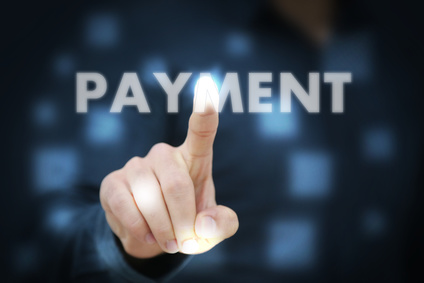 The District Court of Appeal of the State of Florida, Fourth District, recently reversed a trial court’s ruling in favor of mortgage loan borrowers based on the mortgagee’s failure to satisfy a condition precedent in paragraph 22 of the mortgage in accepting partial payments after default, holding that the mortgagee substantially complied with the requirements of the mortgage.
The District Court of Appeal of the State of Florida, Fourth District, recently reversed a trial court’s ruling in favor of mortgage loan borrowers based on the mortgagee’s failure to satisfy a condition precedent in paragraph 22 of the mortgage in accepting partial payments after default, holding that the mortgagee substantially complied with the requirements of the mortgage.
In so ruling, the Court held that the mortgagee was not obligated to send new acceleration notices after each partial payment was received, as the borrowers never cured the default by paying the total amount needed to cure the default and reinstate the mortgage loan.
A copy of the opinion is available at: Link to Opinion.
The borrowers defaulted on their mortgage loan, and the mortgagee sent them a letter accelerating the loan pursuant to paragraph 22 of the mortgage. The borrowers made several partial payments, after each of which the mortgagee sent them a letter acknowledging the payment and setting out the amount still needed to cure the default.
The mortgagee eventually sued to foreclose, and the case went to trial. At the conclusion of trial, the court entered judgment in the borrowers’ favor, holding that because the mortgagee accepted partial payments after acceleration, it failed to comply with paragraph 22 of the mortgage.
The mortgagee moved for rehearing or alternatively for a new trial, which was denied. The mortgagee appealed.
The Fourth District began by examining the text of paragraph 22 of the mortgage, which provided in relevant part that if the default was not cured on or before the date specified, the lender could at its option accelerate the loan “without further demand” and sue to foreclose.
The Appellate Court then pointed out that each partial payment notice contained language in which the mortgagee reserved the right to accept or reject a partial payment “without waiving any of its rights.”
The Fourth District noted that such language was consistent with paragraph 1 of the mortgage, which allowed the mortgagee to accept any partial payment without waiving any of its rights.
The Appellate Court disagreed with the trial court’s ruling that the mortgagee failed to comply with paragraph 22 because the partial payment notices were confusing and “did not adequately inform Borrowers of the necessary steps to cure.” Instead, the Fourth District noted, the main purpose of a default letter was to let the borrowers know what they must do to bring the loan current, and such notices “need only substantially comply with a mortgage’s condition precedent.”
Relying on its recent ruling in Sill v. JPMorgan Chase Bank, which held that “depending on the mortgage’s language, a bank can comply with paragraph 22 without having to issue a new acceleration notice if it had previously sent such a notice,” the Appellate Court also rejected the trial court’s “assumption that the Bank was required to send a new acceleration notice every time it accepted a partial payment even if the principal amount due was never made current.”
Because the borrowers did not dispute they were in default, nor did they argue that they had brought the loan current since they received the acceleration letter, the Fourth District held that the partial payment notices did not in any way render the acceleration notice insufficient.
In addition, the Court held, the mortgagee “was also not obligated to send new Paragraph 22 notices after each partial payment received since Borrowers never cured the total amount due.”
Even though the trial court refrained from deciding if the mortgagee proved it had standing to foreclose, “in the interest of judicial economy, [the Court found that the mortgagee] produced sufficient evidence at trial to establish standing.”
Because the mortgagee substantially complied with paragraph 22 of the mortgage, the Fourth District reversed the trial court’s final judgment in the borrowers’ favor and remanded the case with instructions for the trial court to enter final judgment in the mortgagee’s favor.


